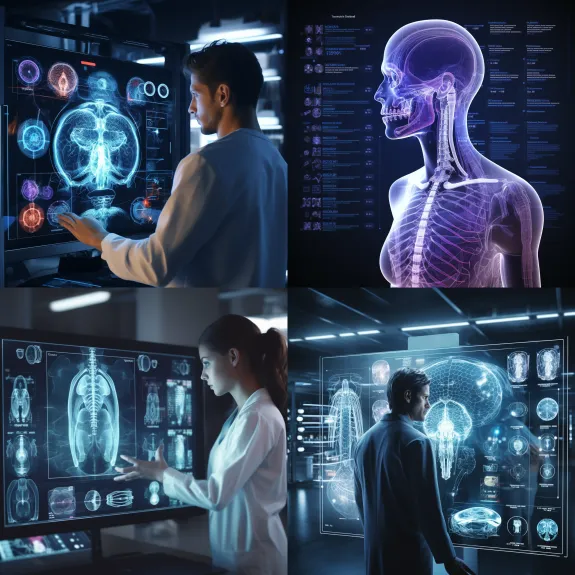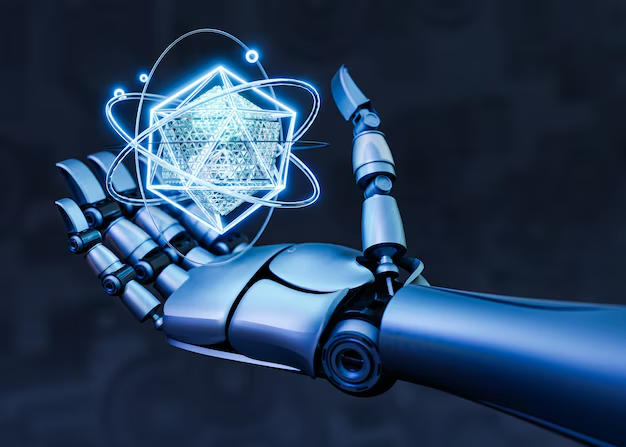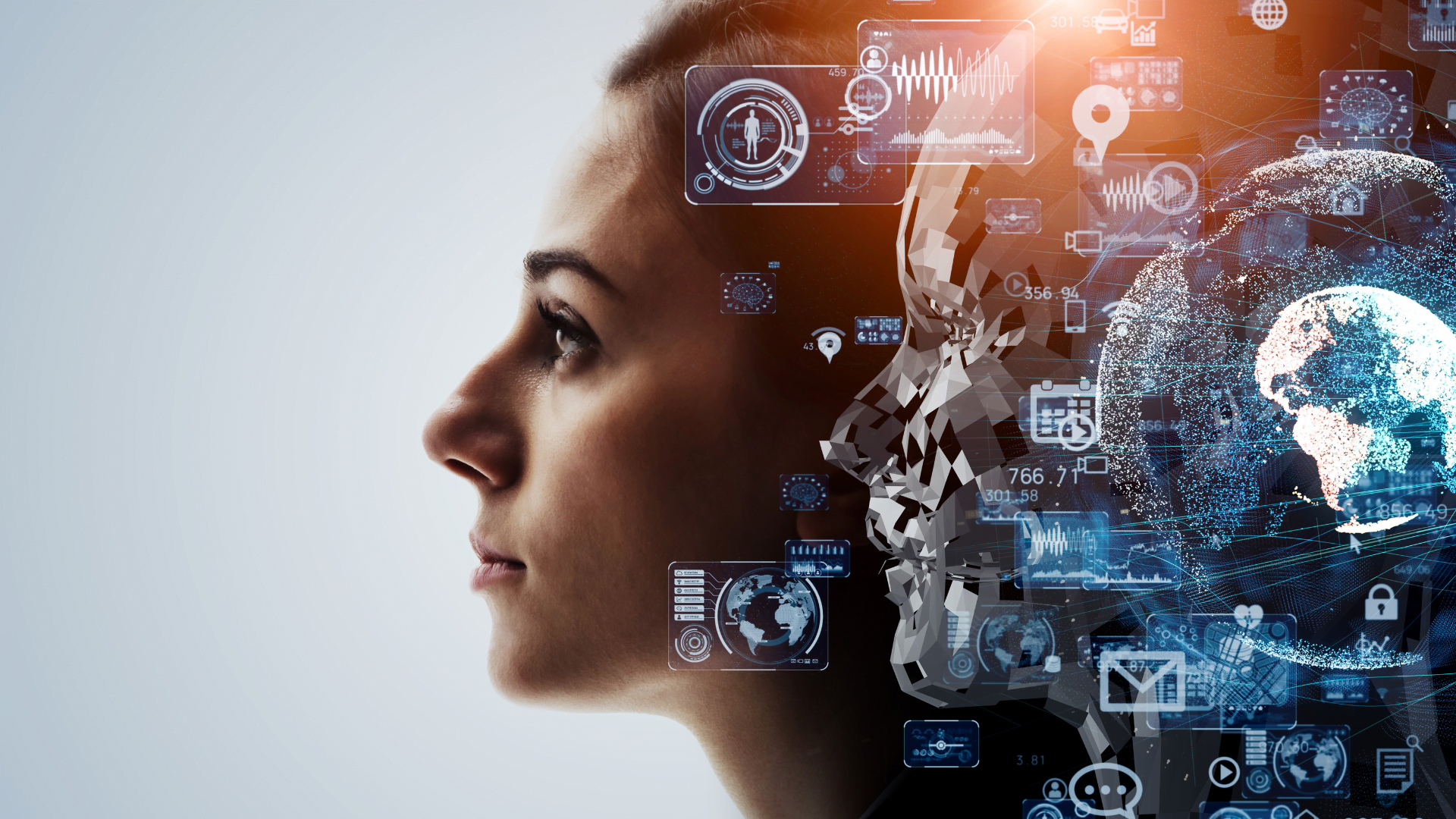AI for Good: How Artificial Intelligence is Being Used to Tackle Global Challenges

Introduction
Healthcare: Revolutionizing Diagnosis and Treatment
One of the most significant contributions of AI is in the field of healthcare. AI-driven tools are enhancing the capabilities of medical professionals, improving diagnostic accuracy, and personalizing treatment plans. For instance, AI algorithms can analyze medical images such as X-rays, MRIs, and CT scans to detect diseases like cancer at much earlier stages than traditional methods. This early detection is crucial for successful treatment outcomes.
Moreover, AI-powered platforms like IBM Watson Health are assisting doctors by analyzing vast amounts of medical data to recommend treatment options based on individual patient profiles. This personalized approach not only improves the effectiveness of treatments but also reduces the risk of adverse reactions.
Tackling Global Challenges: The Road Ahead
The potential for AI to address global challenges is vast, but it is not without its challenges. Ensuring that AI technologies are developed and deployed ethically is crucial. Issues such as data privacy, algorithmic bias, and the digital divide must be addressed to ensure that AI benefits all of humanity, not just a privileged few.
To harness the full potential of AI for good, collaboration across sectors is essential. Governments, private companies, non-profits, and academic institutions must work together to develop and implement AI solutions that are equitable, transparent, and accountable.
Conclusion: A Brighter Future with AI
AI for Good is a testament to the transformative power of technology when used responsibly and ethically. By leveraging AI to tackle global challenges, we have the opportunity to create a brighter, more equitable future. From revolutionizing healthcare and education to protecting our planet and improving disaster response, AI is proving to be a valuable ally in our quest to solve some of the world’s most pressing problems.
As we continue to innovate and push the boundaries of what AI can achieve, it is crucial to remain mindful of the ethical implications and strive to ensure that the benefits of AI are shared by all. The future of AI for Good is promising, and with the right approach, we can harness this technology to build a better world for generations to come.
How can we help you?
Feel free to Contact Us at any time and submit your query our team will reach you as sson as possible.

Education: Enhancing Learning Experiences
AI is also transforming education by providing personalized learning experiences and improving accessibility. Intelligent tutoring systems can adapt to each student’s learning pace and style, offering customized resources and feedback. This personalized approach helps students grasp complex concepts more effectively and keeps them engaged.
In addition, AI-driven tools like speech recognition and natural language processing are making education more accessible to students with disabilities. For example, tools that convert speech to text in real-time can assist deaf or hard-of-hearing students in following classroom discussions.
Disaster Response: Improving Efficiency and Effectiveness
In disaster response, AI is enhancing the ability to predict, respond to, and recover from natural and man-made disasters. Machine learning algorithms can analyze data from various sources, including satellite imagery and social media, to predict the likelihood of disasters such as earthquakes, floods, and hurricanes. These predictions allow for better preparedness and timely evacuations, potentially saving countless lives.
During and after disasters, AI-powered systems can analyze the vast amounts of data generated to coordinate rescue efforts and allocate resources more efficiently. For instance, AI can help identify the hardest-hit areas and prioritize them for emergency response.
Related Post
When it comes to building a sustainable online presence, SEO (Search Engine Optimization) has always had an edge over paid ads. Sure, …
Protecting Your Data in the Digital Age Introduction In the rapidly evolving digital landscape of 2024, cybersecurity has become more crucial than …
Latest Google Updates in Digital Marketing Introduction Google frequently updates its algorithms, tools, and features to enhance user experience and improve search …




